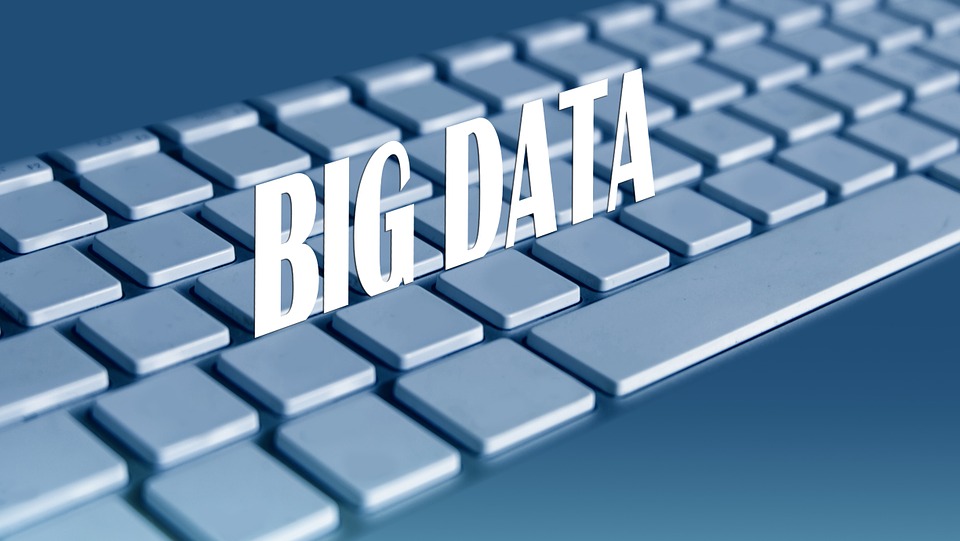Database Management Systems (DBMS) have been the backbone of the modern computing world. It provides a systematic way to store and manage data for various applications. However, like any other technology, DBMS has its advantages and disadvantages. In this article, we will discuss both the advantages and disadvantages of DBMS.
Advantages of DBMS:
- Data consistency: DBMS ensures data consistency by enforcing data integrity rules. It provides mechanisms to avoid duplicate data and ensures that all data is accurate and up-to-date.
- Improved data accessibility: DBMS provides easy access to data by allowing multiple users to access the data simultaneously. This ensures that users can access data as and when required without any delay.
- Data security: DBMS provides security mechanisms to ensure that data is secure from unauthorized access. It provides features like access control, encryption, and authentication to ensure that only authorized users can access the data.
- Data sharing: DBMS enables data sharing among multiple users and applications. This allows users to share data and collaborate on projects easily.
- Data backup and recovery: DBMS provides mechanisms to backup and recover data in case of system failures. This ensures that data is not lost due to system failures or errors.
Disadvantages of DBMS:
- Cost: DBMS is expensive to set up and maintain. It requires specialized hardware, software, and skilled professionals to set up and maintain the system.
- Complexity: DBMS is complex and requires specialized skills to set up and maintain. This can be a disadvantage for small businesses or organizations that do not have the necessary resources.
- Data inconsistency: DBMS can lead to data inconsistency if the data is not properly managed. This can lead to incorrect data and can cause serious problems.
- System failures: DBMS can be prone to system failures that can cause data loss. This can be a serious disadvantage for organizations that rely heavily on data.
- Security vulnerabilities: DBMS can be vulnerable to security breaches and attacks. This can lead to unauthorized access, data theft, and other security issues.
| Advantages | Disadvantages |
|---|---|
| Data consistency | Cost |
| Improved data accessibility | Complexity |
| Data security | Data inconsistency |
| Data sharing | System failures |
| Data backup and recovery | Security vulnerabilities |
some basic DBMS knowledge
What is a DBMS?
A Database Management System (DBMS) is software that allows users to store, manage, and access data in a structured manner.
What are some examples of DBMS software?
Some examples of DBMS software include Oracle, Microsoft SQL Server, MySQL, PostgreSQL, and MongoDB.
What makes a database different from a DBMS?
A database is a collection of related data, while a DBMS is software that allows users to store, manage, and access data in a structured manner.
What is a relational database?
A relational database is a type of database that organizes data into tables with a predefined structure. These tables are related to each other through key fields.
What is SQL?
SQL (Structured Query Language) is a programming language used to communicate with a DBMS. It is used to create, modify, and retrieve data from a database.
What is a primary key?
A primary key is a field (or combination of fields) in a table that uniquely identifies each record in the table. It is used to ensure data integrity and to relate tables in a relational database.
What is a foreign key?
A foreign key is a field or group of fields in one table that points to the primary key in another table. In a relational database, it is used to set up the connections between the tables.
What is normalization?
Normalization is the process of arranging the data in a relational database so that there are fewer duplicates and the data is more accurate.
What is indexing?
Indexing is the process of creating an index (a data structure) on one or more columns of a database table to improve query performance.
What is ACID in the context of DBMS?
ACID stands for Atomicity, Consistency, Isolation, and Durability. These are properties that ensure reliable processing of database transactions.
Conclusion:
DBMS has been a game-changer in the modern computing world. It provides a systematic way to manage data and has many advantages like data consistency, improved data accessibility, data security, data sharing, and data backup and recovery. However, it also has some disadvantages like cost, complexity, data inconsistency, system failures, and security vulnerabilities. Organizations need to weigh the advantages and disadvantages of DBMS before implementing it in their environment.



